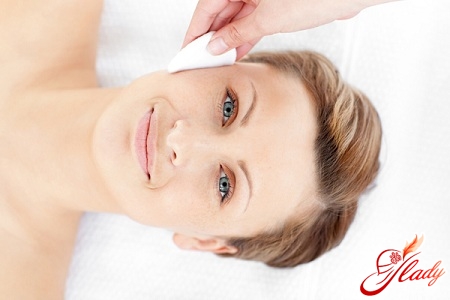
Bronchial asthma is a seriouschronic inflammatory lung disease, the key link of which is the narrowing of the bronchial lumen, caused by a specific allergic or non-specific mechanism. Symptoms of bronchial asthma are wheezing, chest congestion, coughing and shortness of breath. An attack of bronchial asthma occurs suddenly with suffocation. If pre-hospital emergency care for bronchial asthma during an exacerbation is not provided in a timely manner, pulmonary edema and spasm of the bronchioles will occur. A formidable complication such as asthmatic status will develop.
How to provide first aid
What is emergency care?bronchial asthma? It can be divided by the method of rendering into pre-hospital and medical care. The main pre-hospital care during an attack is aimed at protecting the patient from contact with substances that provoked the exacerbation. Pre-hospital care during an attack of bronchial asthma is rendered in a certain order. First, it is necessary to help the patient calm down, take a special body position, sitting or standing, leaning on his hands, in order to include auxiliary respiratory muscles, if possible, try to bring him out of the state of stress. Then stop the attack with inhaled anti-asthmatic drugs to relieve spasms from the bronchi. Drugs such as alupent, salbutamol, astmopent and others are used, as a rule, the patient uses them. In addition to the bronchodilator effect, sympathomimetics have a stimulating effect on the heart, increase the excitability of the myocardium, causing rapid heartbeat - tachycardia. Next, you should call a doctor to provide medical assistance. Also, a mild attack can be stopped with a foot or hand hot bath. Then, first aid is provided in the following order. It is necessary to ventilate the room to reduce the concentration of household allergens. Remove down and feather pillows from the room, remove pets. After ventilating the room, close all windows to reduce the ingress of pollen allergens from the street, and precipitate the remaining allergens in the room with water and a spray bottle, humidifying the air. If the patient has symptoms of a food allergy, then it is necessary to reduce the absorption of food allergens with drugs that have an adsorbing and enveloping effect, such as almagel or cholestyramine. At home, you can use activated charcoal or starch. Give plenty of warm, preferably alkaline, drinks. Drink in small sips. Start doing specially designed breathing exercises, deep inhalation and very sharp exhalation. This exercise will help remove viscous sputum from the lungs.
Medical emergency care
If first aid does not help, the attack continuesand it is not possible to stop it and the symptoms remain, then it is time to provide emergency medical care. Emergency medical care for an asthma attack is provided in a certain order. First, an adrenaline solution is administered, it relieves spasms, reduces mucous secretion and pulmonary hyperemia. Usually, the proper bronchodilator, relaxing the lungs, effect occurs in 5-10 minutes. If the attack is severe, prolonged and it was not possible to stop it, then the adrenaline solution is administered again. After the administration of adrenaline, side effects may occur, tremors, headache, palpitations. Adrenaline solution is used with caution in patients with concomitant diseases, such as coronary insufficiency and hypertension, it is contraindicated in cardiac asthma. Ephedrine solution is also used to stop an attack of bronchial asthma, it begins to act in about 25-30 minutes. Ephedrine is weaker than adrenaline, but its bronchodilator effect lasts longer. In case of a prolonged severe attack, the administration of ephedrine often does not give the desired effect and it is not possible to achieve complete elimination of the attack. In this case, subcutaneous injections of atropine in combination with adrenaline or ephedrine are used. If the therapy is ineffective and the symptoms cannot be relieved, then euphyllin is administered intravenously, the patient is hospitalized. Emergency pre-hospital first aid for bronchial asthma does not allow to cure the patient, it only temporarily improves well-being. Therefore, you should contact a pulmonologist at the first opportunity, who will prescribe the necessary tests, make the correct diagnosis and prescribe adequate qualified treatment.









